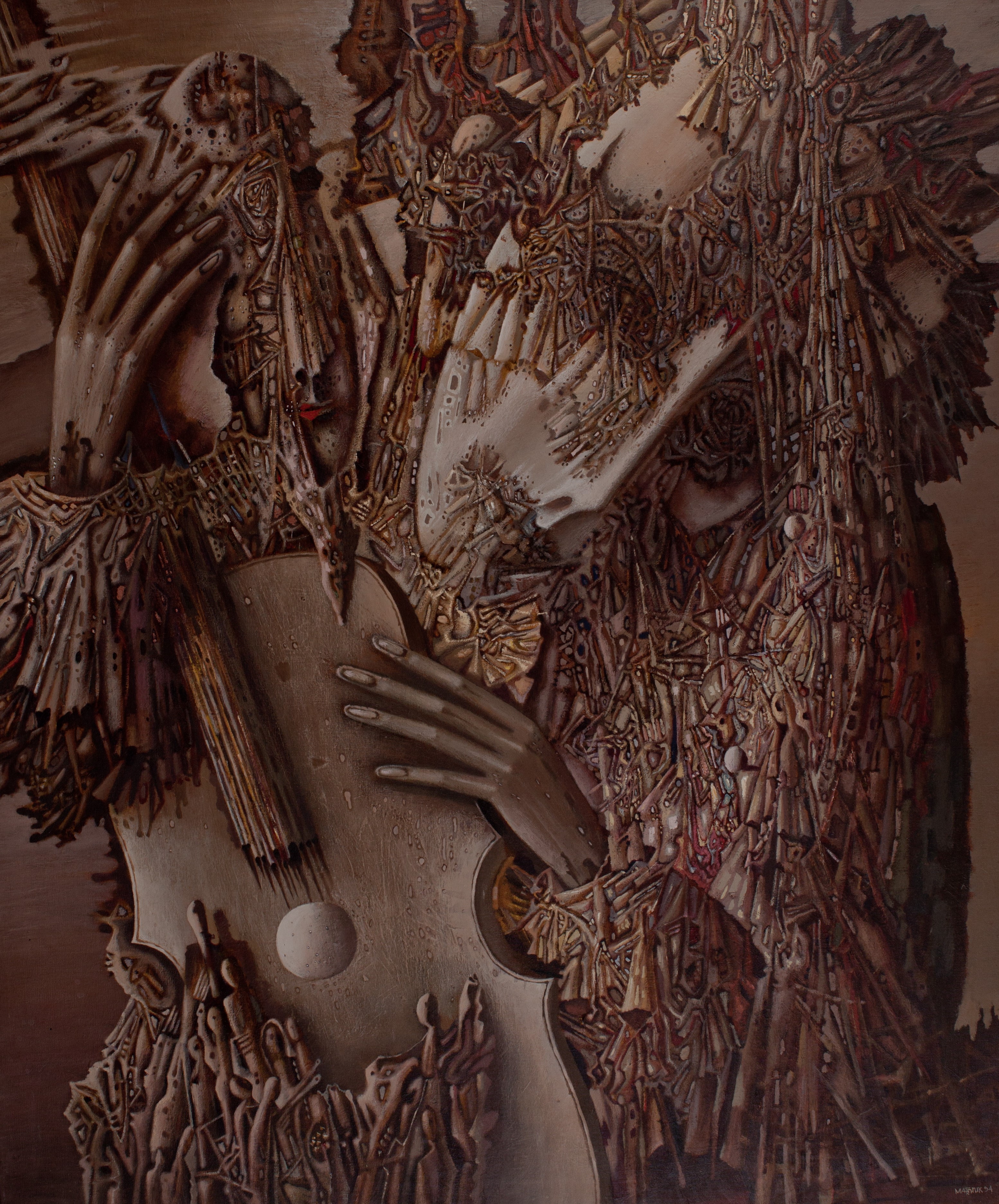Genotype of Liberty
Mezzanine, E Building, 2nd Floor.
Palais des Nations
Organized by the Permanent Mission of Ukraine
The Permanent Mission of Ukraine and the United Nations Cultural Activities present the painting exhibition by a renowned Ukrainian artist Ivan Marchuk.
Genotype of Liberty

A living legend of the Ukrainian painting, a world-famous artist Ivan Marchuk introduces a retrospective exhibition "Genotype of Liberty" in Geneva.
About 60 paintings presenting six of thirteen author’s artistic periods demonstrate a phenomenally broad creative range: from the philosophically insightful "Voice of My Soul" to hyper-realistic landscapes. The paintings give a sense of beauty and uniqueness of the Ukrainian nature, the elegance and insight of the Ukrainian soul.
The philosophical themes of his paintings convey dramatic tension experienced by the humankind and resonate with the challenges of the modern age.
In more than half a century of artistic activity, Mr Marchuk created about five thousand paintings, conducted over 150 monographic and 100 collective exhibitions on five continents. The artist invented the original technique "plontanizm" (from the Ukrainian word "plontaty" – to weave), which he uses to achieve hyper-realistic image by interweaving thin coloured and monochrome lines.
Ivan Marchuk is a National artist of Ukraine, Taras Shevchenko award winner, member of the Golden Guild of the International Academy of Modern Art in Rome. His name is among “Top 100 Living Geniuses” (according to The Daily Telegraph), who create a multidimensional image of the world and determine ahead of time trends and prospects of post-industrial civilisation.
Using creative means the artist built his ideological system rooted in high aesthetics and aimed at the perspective, as well as offered his own vision of deep philosophical themes of human existence.
